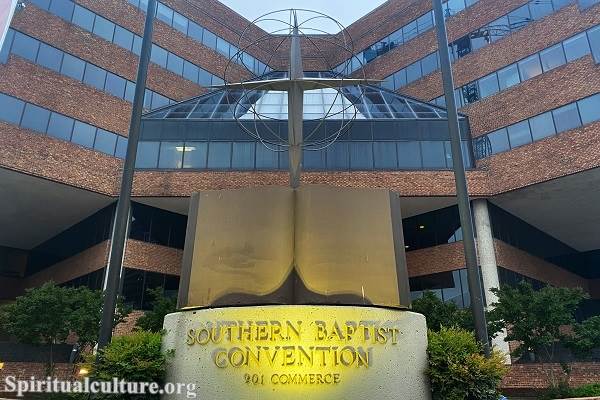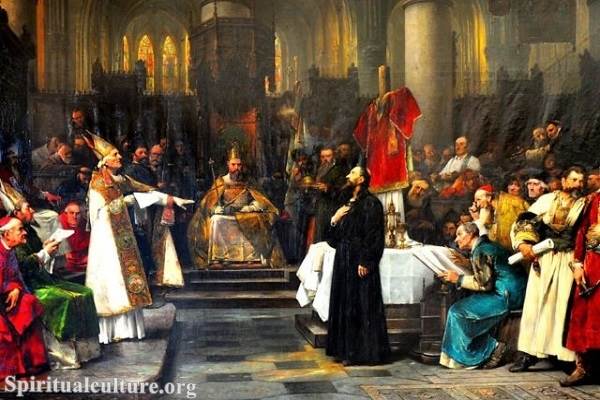Protestantism is a significant branch of Christianity characterized by its unique doctrines that differentiate it from other Christian traditions. It originated from the 16th-century Reformation, a religious and political challenge to papal authority led by Martin Luther, John Calvin, and other early Protestants. Since its inception, Protestantism has diversified into various denominations, each with its unique doctrines, practices, and forms of governance. This article aims to explore the different denominations of Protestantism, shedding light on the diversity within the Protestant denomination.
Protestantism
At the heart of Protestantism lies the belief in the priesthood of all believers, the primacy of the Bible as the ultimate authority for faith and practice, and the doctrine of salvation by grace through faith alone. However, the interpretation and emphasis on these beliefs vary across different Protestant denominations.
Denominations of Protestantism
There are numerous denominations of Protestantism worldwide. These denominations, while sharing common roots, have diverged in their doctrines, liturgical practices, and organizational structures. Some of the most prominent and influential Protestant denominations include the Lutherans, Baptists, Methodists, Presbyterians, and Pentecostals.
Lutherans
The Lutheran Church, named after Martin Luther, is one of the oldest Protestant denominations. Lutherans hold to the doctrine of justification by faith alone, emphasizing that salvation is a free gift of God’s grace, received only through faith in Jesus Christ. The Lutheran Church is also known for its liturgical worship style, which closely resembles the Roman Catholic Mass.
Baptists
The Baptist Church emphasizes believers’ baptism, where individuals make a personal confession of faith before being baptized. This is in contrast to infant baptism practiced by many other Protestant denominations. Baptists also uphold the principle of congregational church governance, where each local church is autonomous and self-governing.
Methodists
The Methodist Church was born out of the 18th-century evangelical revival in England. Methodists place a strong emphasis on sanctification and the perfection of Christian love in the believer’s life. They also believe in an ‘open table,’ welcoming all baptized Christians to partake in the Lord’s Supper, regardless of denomination.
Presbyterians
Presbyterianism originated in Scotland and is known for its distinctive form of church governance, where churches are led by presbyters or elders elected by the congregation. Presbyterians also uphold the doctrine of predestination, believing that God has predestined some to eternal life.
Pentecostals
The Pentecostal movement, one of the newer denominations of Protestantism, emphasizes the work of the Holy Spirit and the contemporary relevance of spiritual gifts, such as speaking in tongues and divine healing. Pentecostalism is known for its energetic and expressive worship style.
In conclusion, the denominations of Protestantism are diverse and varied in their beliefs, practices, and forms of governance. Despite these differences, they share a common heritage in the Protestant Reformation and a commitment to the authority of the Bible and the centrality of faith in Jesus Christ for salvation. This exploration into the denominations of Protestantism provides a glimpse into the rich tapestry of beliefs and practices within the broader Protestant denomination.


